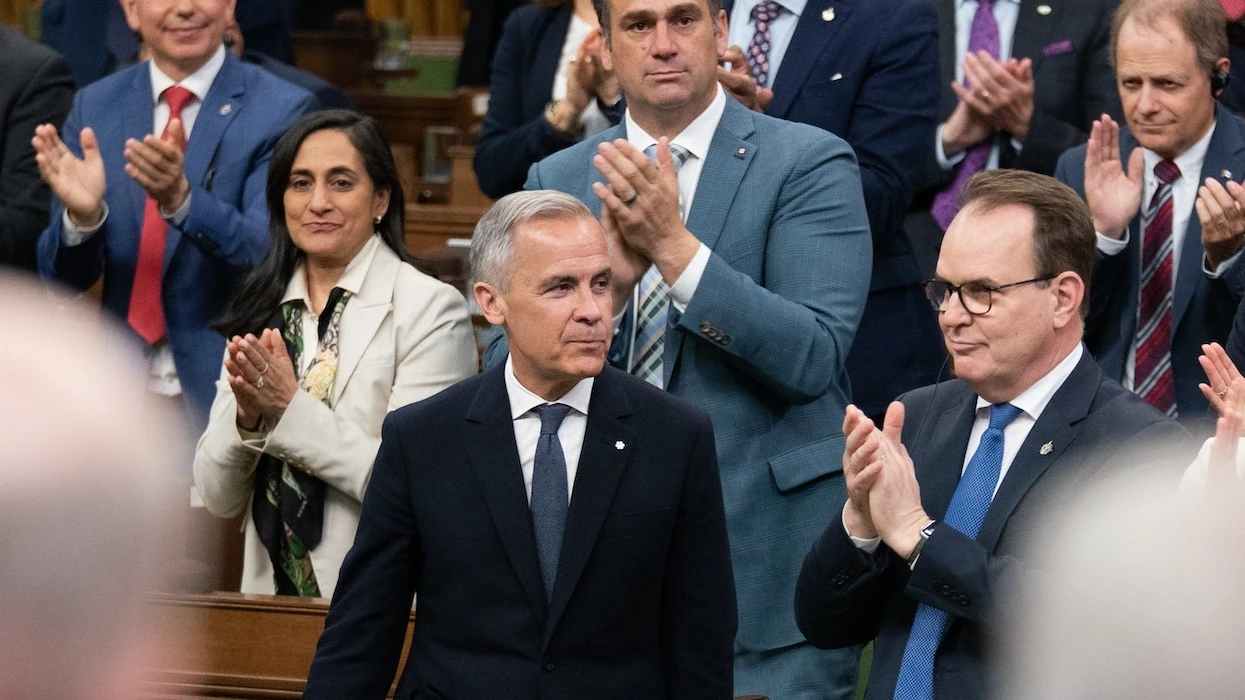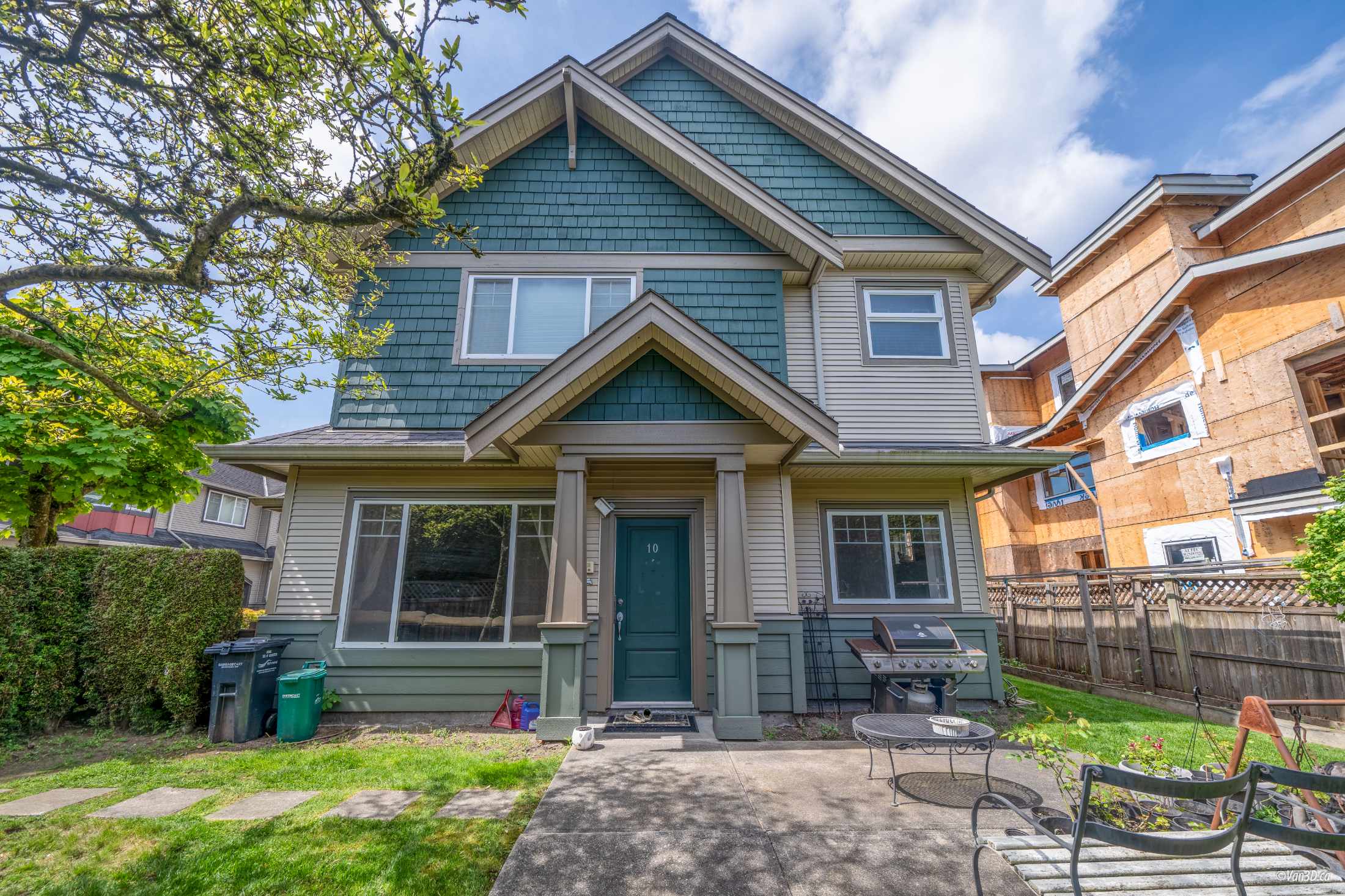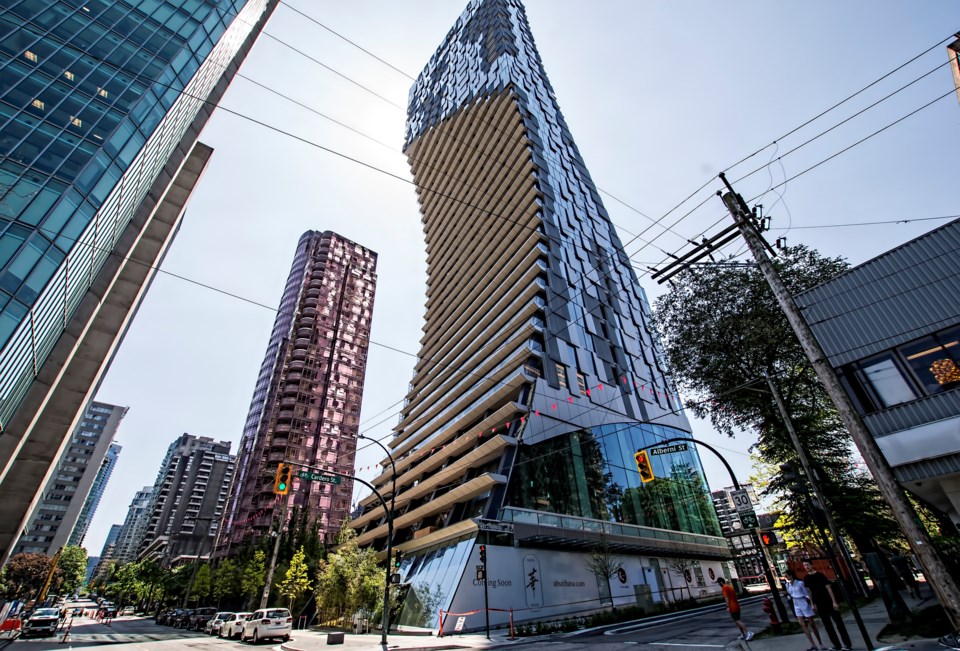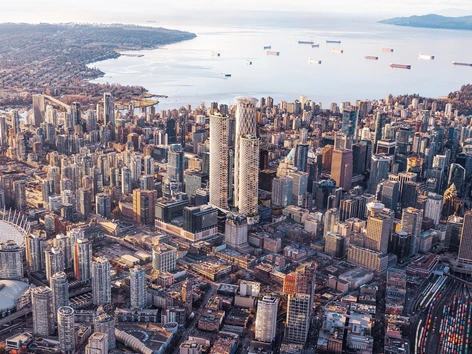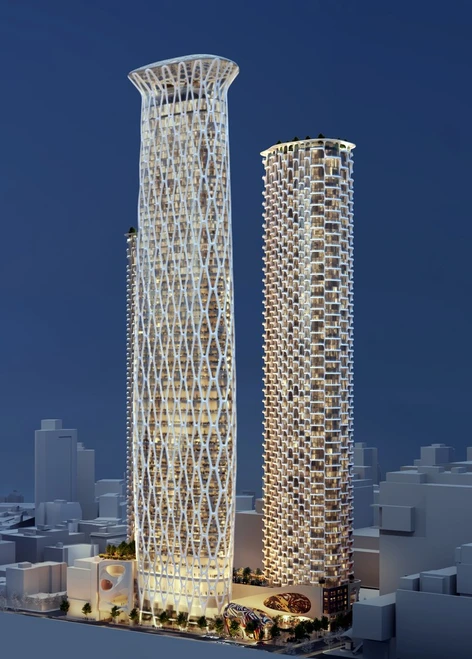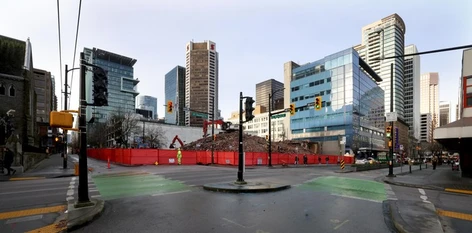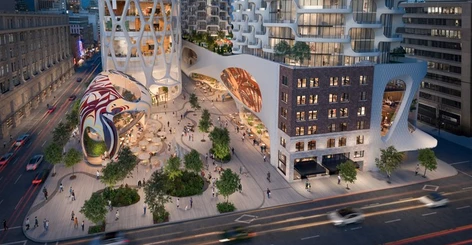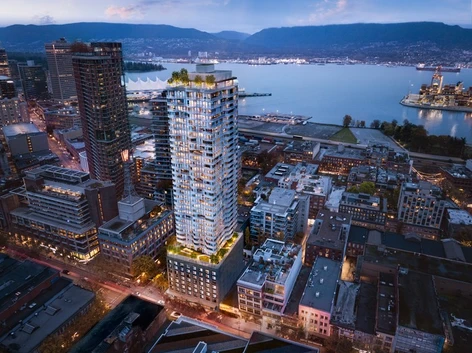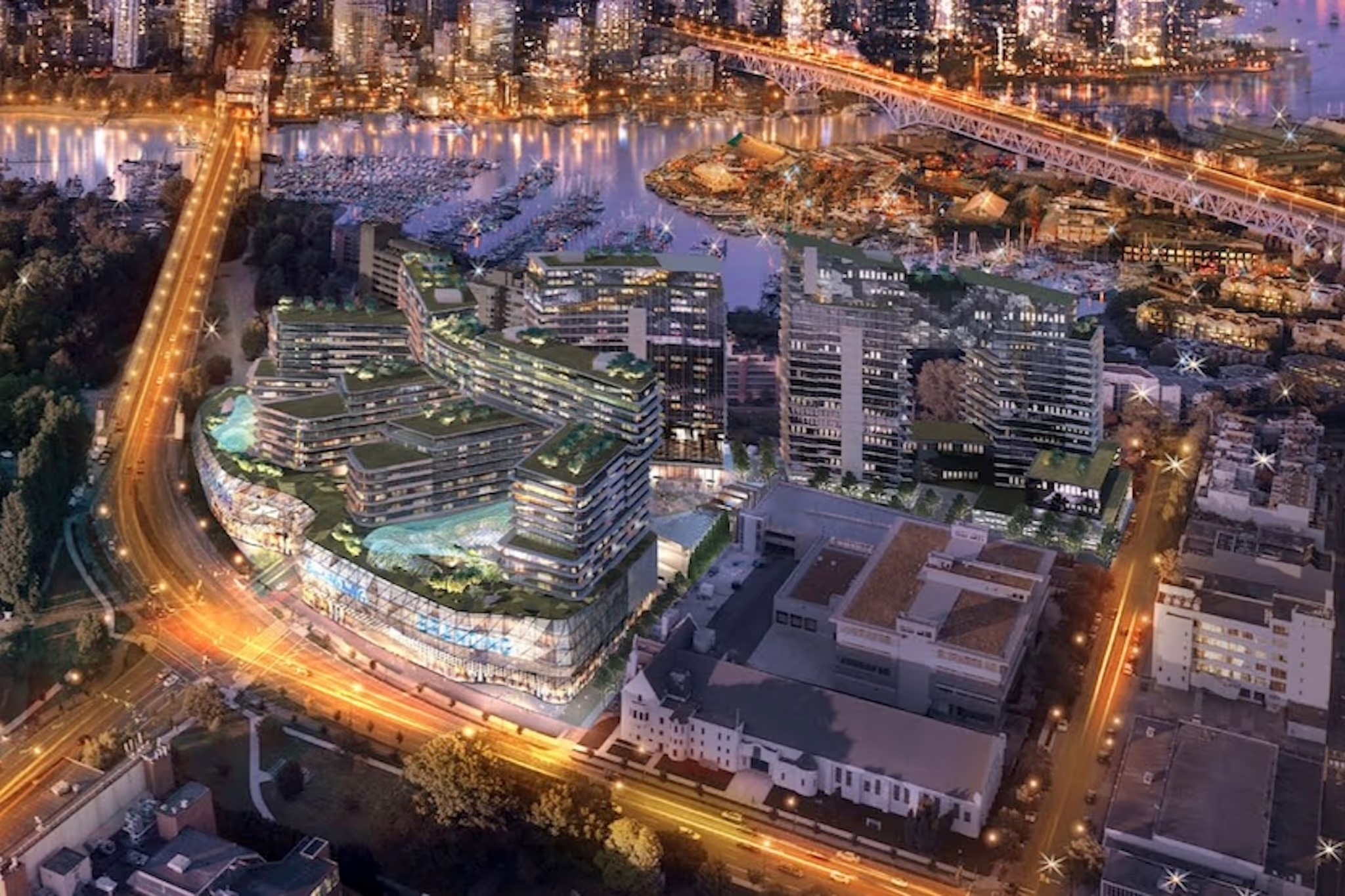The key details about the First-Time Home Buyers' GST rebate and its scope, and how the industry is reacting.
On Tuesday, Prime Minister Mark Carney's Liberal government followed through on one of their most anticipated election promises: the First-Time Home Buyers' (FTBH) GST rebate for new home purchases under $1 million, a move that they say will save eligible purchasers up to $50,000.
Now, first-time buyers of new homes will pay zero GST on a new home (when combined with the existing GST/HST New Housing Rebate), and there will also be reduced GST on homes priced between $1 million and $1.5 million. The release explains that, "under the linear phase-out, a home valued at $1.25 million would be eligible for a 50% GST rebate (a rebate of up to $25,000)."
The policy was first proposed by Carney on the campaign trail in late-March, and echoed Conservative Leader Pierre Poilievre's pledge to axe the GST for all buyers of new homes up to $1 million (later increased to up to $1.3 million), but the newly-released details give a little more insight into who stands to tap into the benefit — and who doesn't. Here's what you need to know:
Eligibility
The FTHB GST rebate would apply to first-time homebuyers who are at least 18 years of age, are a Canadian citizen or permanent resident, and have not lived in a home that they or their spouse or common-law partner owned in the calendar year or in the four preceding calendar years, both inside and outside of Canada.Teagan Sliz May 28, 2025
When it comes to the types of housing included in the rebate, buyers who purchase a new home from a builder, build or hire a builder to build a home on land they own or lease, or purchase shares of a co-operative housing corporation are all eligible for the tax rebate.
How The Rebate Applies To New Home Types
New homes purchased from a builder:
When buying a new home, at least one of the purchasers of the home would need to be a “first-time home buyer” (by the government's definition) and the home would have to serve as their primary residence. The home also can't have been occupied by a previous owner.
The rebate would be available if the Agreement of Purchase and Sale for the home is finalized on or after May 27, 2025, and before 2031. Plus, construction of the home must begin before 2031 and be substantially completed before 2036.
Owner-built homes:
For someone building their own first home or hiring a builder, the FTHB GST rebate would recover up to $50,000 of the GST or the federal part of the HST paid to build the home.
Similar to a new home purchased from a builder, those accessing the rebate to build their own home need to have never owned a home before, the home needs to be their primary residence, and they have to be the first ones to occupy the home.
The rebate will also only be available if construction starts on or after May 27, 2025, and before 2031, with construction wrapping up before 2036.
Shares Of A Cooperative Housing Corporation:
When purchasing a new co-op housing unit, first-time homebuyers can claim the rebate in respect of the purchase of the unit where the co-op paid GST or the federal part of the HST in respect of new housing.
As with the other scenarios, the purchaser must be acquiring the unit as their primary residence, be the first to live there, and have never owned a home before — but for this option, the FTHB GST rebate would not be available if the co-op housing is eligible for the existing 100% GST rebate for purpose-built rental housing.
For a co-op unit purchase, the same eligibility dates as the new homes purchased by a builder apply: The rebate would be available if the Agreement of Purchase and Sale is finalized on or after May 27, 2025, and before 2031. Plus, construction of the home must begin before 2031 and be substantially completed before 2036.
Limitations
There are certain stipulations that limit the availability of the rebate, including that the rebate can't be claimed more than once in an individual's lifetime and it can't be claimed if their spouse or common-law partner previously claimed the FTHB GST rebate.
Additionally, in the case of an assignment sale (the sale of a property before construction completes), if a first-time home buyer assumes the rights and obligations of another person that is a purchaser of a new home under an Agreement of Purchase and Sale with a builder, the FTHB rebate would not be available if that original agreement of purchase and sale was entered into before May 27, 2025.
The final limitation is if an Agreement of Purchase and Sale for a new home is later cancelled and a new sales agreement is entered into after May 27, 2025, the FTHB GST Rebate may be disallowed.
Industry Response
The tax policy is intended to spur housing development by making purchasing a home more attainable to young Canadians and first-time buyers, and while any improvement in affordability is welcomed, many in the development community say the policy doesn't go far enough.
In a statement from the Building Industry and Land Development Association (BILD), Senior Vice President of Communications, Research, and Stakeholder Relations, Justin Sherwood, argues for an expansion of eligibility.
"Unfortunately, this limitation to first-time buyers only will have a very small impact, as very few new home buyers are first-time buyers. It will not substantially help address affordability, nor will it help significantly stimulate sales and construction," he said. “The government has reaped billions in additional tax revenue on new homes by not indexing GST price rebate thresholds since 1991 and instead has created a new mechanism that will apply to very few purchasers. In order to have maximum impact and address the effects of GST/HST on eroding home affordability, the Federal government must broaden the scope of the GST (HST) measures to all new home purchases.”
Others sector stakeholders, like the Canadian Home Builders' Association (CHBA), agree that the policy's scope should be broadened.
“While the quick action to move on the FTHB GST rebate is welcome as it will go a long way to enable first-time home buyers to access homeownership, the housing supply gap is still widening,” said CHBA CEO Kevin Lee in a press release. “We still urge the federal government to extend this measure to all home buyers, and reconsider the eligibility to make it based on closing date, not date of purchase and sale.”
by Teagan Sliz on May 28, 2025
source: storeys.com
